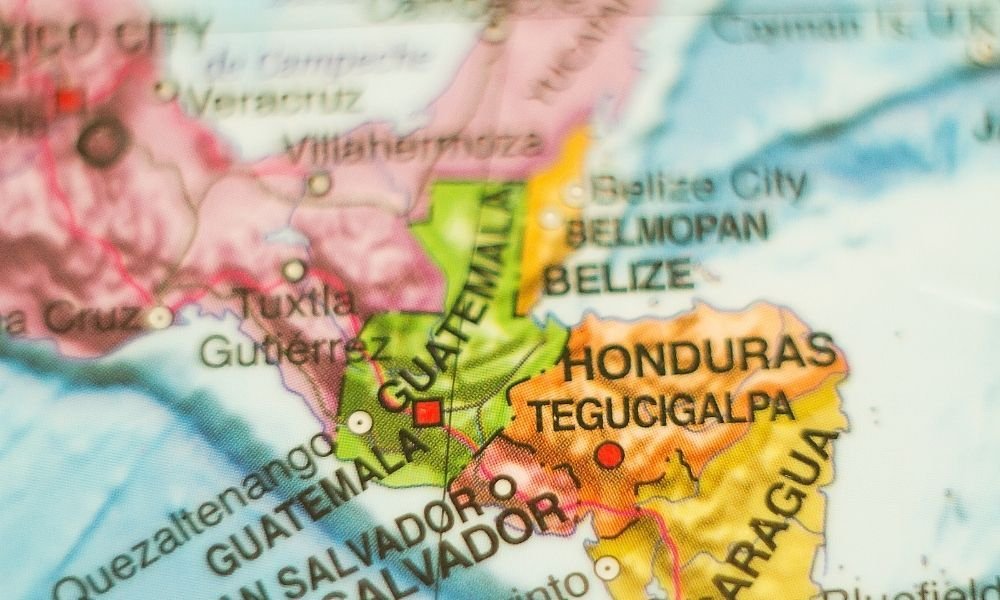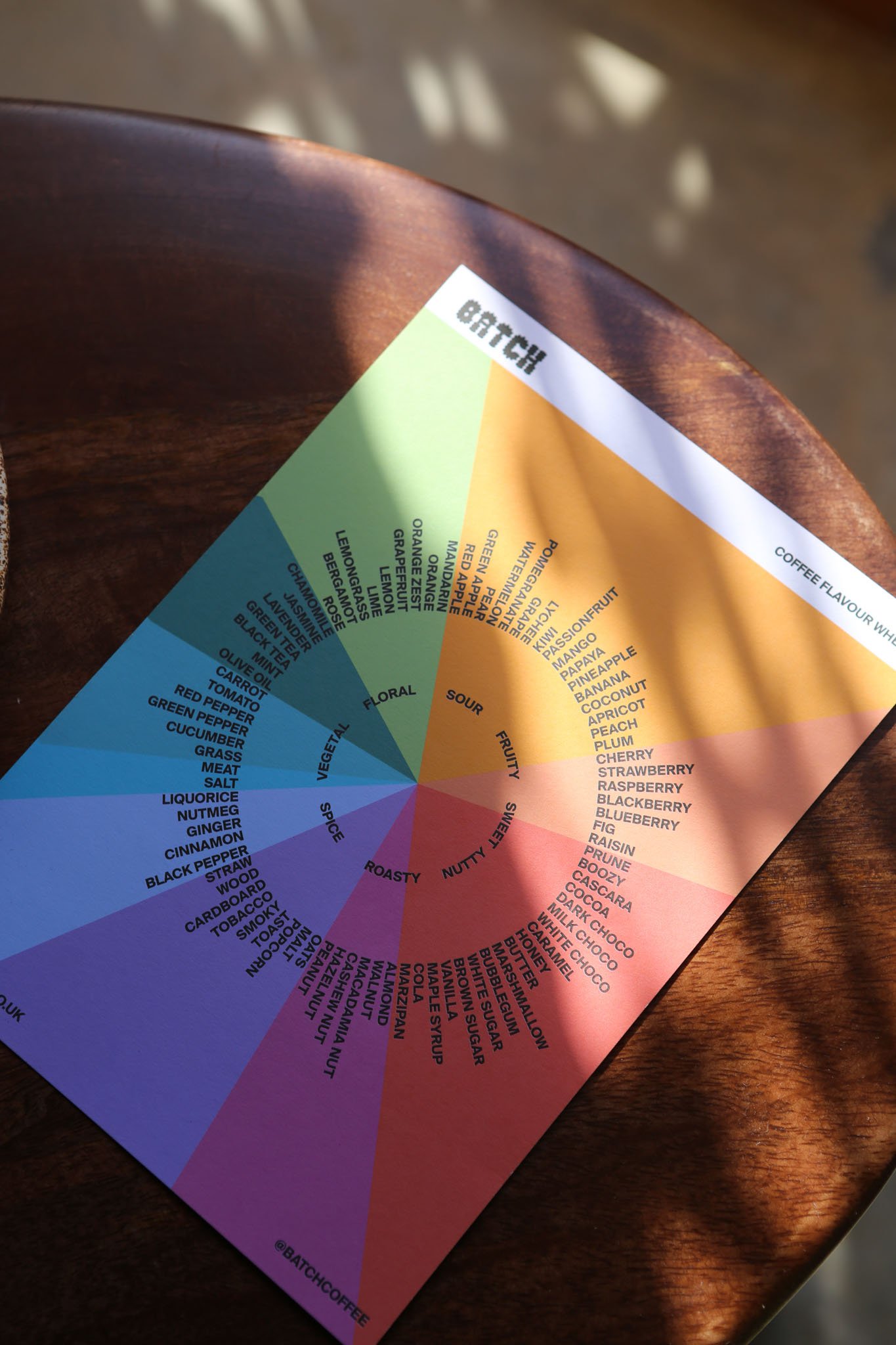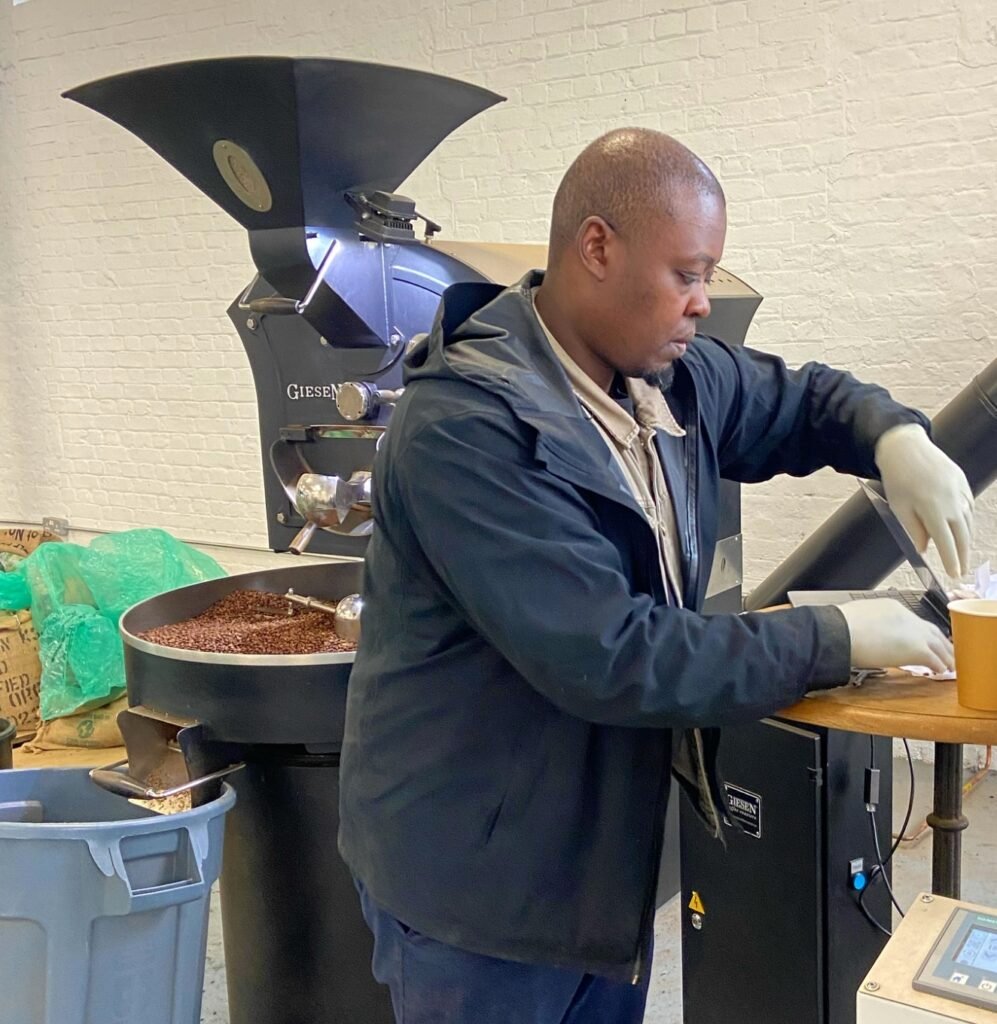
Lomond Coffee Roasters
Lomond Coffee are an all-female Coffee roasters in South London. They roast their coffee in South London which is located in a Deptford Market Yard arch.
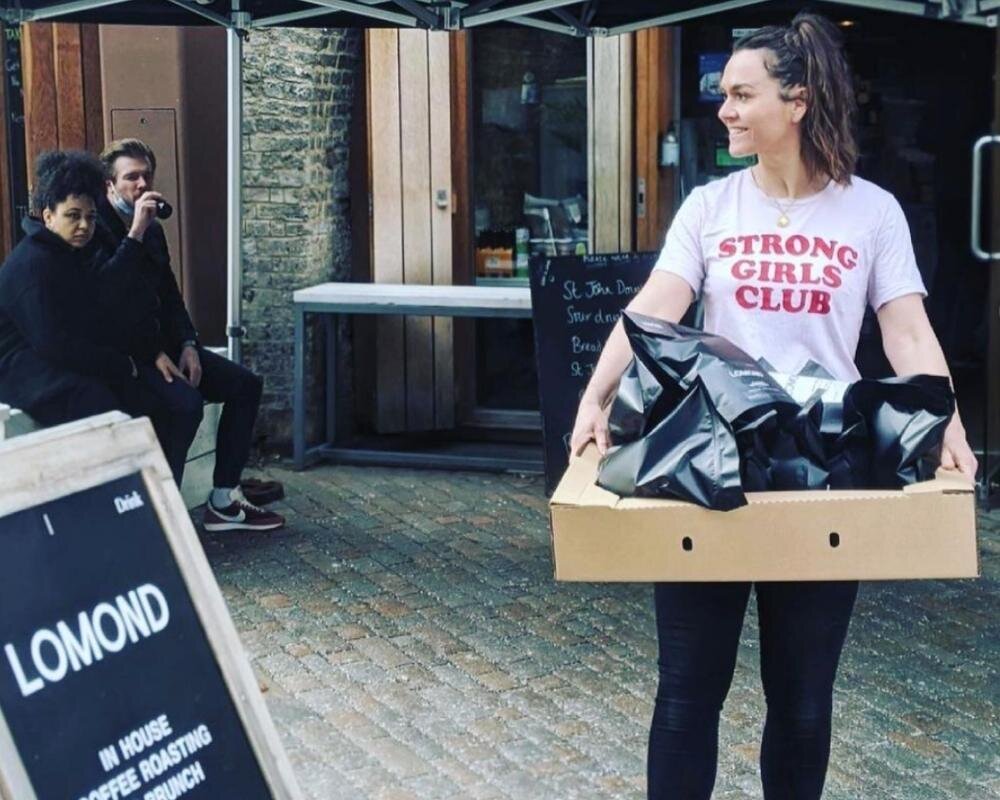
About Lomond Coffee Roasters
Lomond Coffee are an all-female Coffee roasters in South London. They roast their coffee in South London which is located in a Deptford Market Yard arch. This allows customers and coffee enthusiasts to really experience the special roasting process and enjoy their lovingly made, fresh brews. Created by sisters Linzi and Hayley, they only use the highest quality of coffee suppliers that not only purvey the very best green coffee but also demonstrate that they are committed to their social responsibility and pay the coffee farms very fair prices. Without this sort of dedication at this end of the supply chain, coffee farmers have little incentive to administer the extra care and attention that high-quality coffee needs and we’d all be stuck with builders coffee. The sisters’ passion for coffee stems from their experience in hospitality and life in Australia. Today you can find Lomond Coffee in one of their two cafe’s in either the Deptford market arch or Tooting as well as various other cafes using their beans. We spoke to the founder’s of Lomond Coffee, Hayley and Linzi about how it all happened.
GOT A MATE THAT WOULD LOVE BATCH COFFEE CLUB?
Add their details below and if they sign up to a subscription your next box is on the house.*
*No limit to friends you can recommend. When your friend subscribes we will credit your account with one free box.
Coffee Origin
Created by sisters Linzi and Hayley, they only use the highest quality of coffee suppliers that not only purvey the very best green coffee but also demonstrate that they are committed to their social responsibility and pay the coffee farms very fair prices.
Without this sort of dedication at this end of the supply chain, coffee farmers have little incentive to administer the extra care and attention that high-quality coffee needs and we’d all be stuck with builders coffee.
The sisters’ passion for coffee stems from their experience in hospitality and life in Australia.
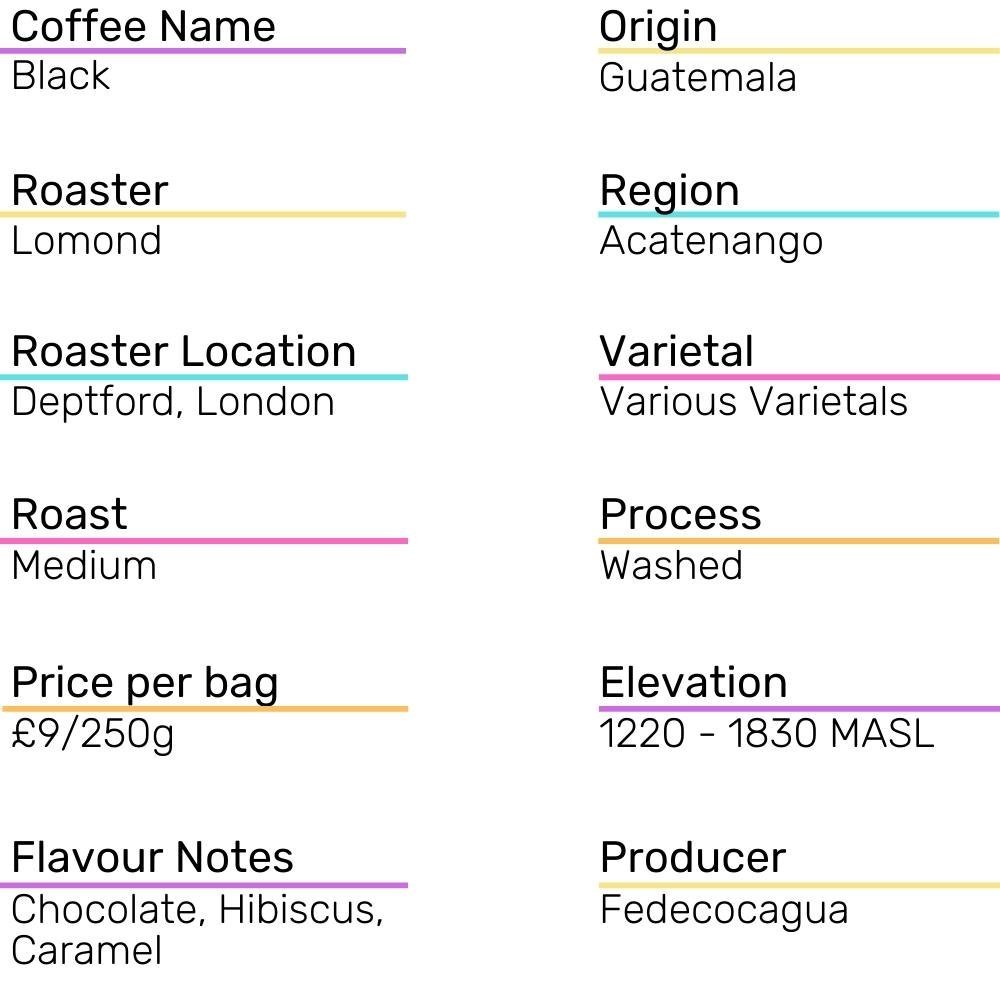
What To Expect
It was a shock to see how far behind the UK was on the coffee/brunch culture initially when returning home. In Melbourne you couldn’t walk two minutes without stumbling across a speciality coffee shop serving outrageous brunch! And espresso coffee in Melbourne had a very specific taste, lots of body, chocolate and nutty notes, which we’ve definitely taken inspiration from.
